
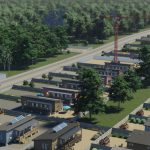
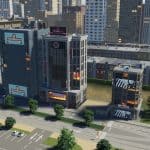
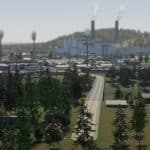
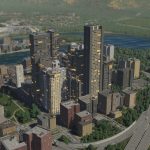
Cities Skylines 2: Zone Demand
The expansion of cities is predominantly influenced by the varying space needs of diverse zone types and their interdependent relationships. An influx of new inhabitants escalates the demand for residential areas. These newcomers necessitate employment and leisure options, thereby driving up the need for industrial and commercial spaces. With the surge in industrial production, there arises a requirement for outlets to market these manufactured products, which further spikes the commercial zone’s demand. Simultaneously, as more corporations take root, additional job vacancies are created, consequently stimulating the demand for residential accommodation once again.
Modifying the taxation system for distinct educational levels and an assortment of goods that are produced and marketed in the city can significantly sway local demand. Tax strategies can be implemented to support the production of specific goods and products within the city or simply to nurture nascent industries.

RESIDENTIAL DEMAND
Demand for housing grows when new residents wish to settle in the city, driven by individuals seeking employment, students in pursuit of educational prospects, or families attracted by the city’s welcoming environment to raise their offspring. Family units and older adults often prefer spacious apartments, thereby driving up demand for low and medium-density housing. Conversely, single occupants and students typically gravitate towards smaller accommodations, opting for medium-density apartment buildings and high-density residential towers. The cost of living in these housing types is distributed among a larger number of residents, making it a more affordable choice.
The need for residential zones also escalates with the availability of jobs in the industrial, commercial, and office sectors. These zones need a workforce, and the incoming workers require appropriate accommodations. However, if unemployment rises and jobs become scarce, the demand for residences can decline until the issue is resolved. Moreover, if the city possesses a significant number of constructed but vacant homes, the demand for new residences could diminish until these available homes are occupied.
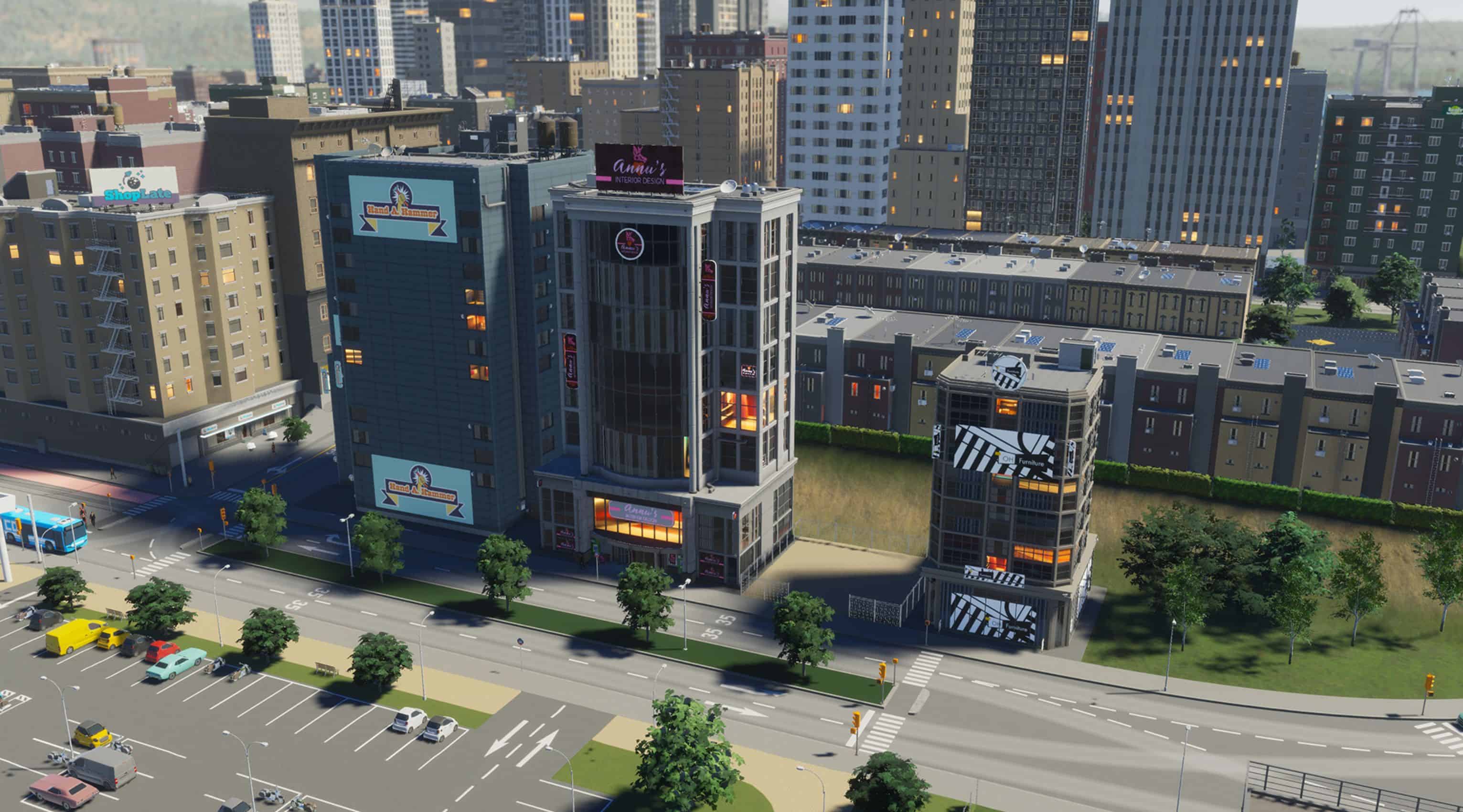
COMMERCIAL DEMAND
The requirement for commercial zones is influenced by factors like the production of goods for sale by manufacturers, the presence of potential buyers, and the employment necessities of the city’s residents. As goods are produced in industrial zones, they need to be sold to realize a profit. Given that the local market usually offers a higher profit margin, manufacturers tend to sell their products within the city, which consequently increases the demand for local commercial entities.
Nonetheless, the availability of goods and products for sale constitutes only half the commercial equation. The other half is the purchasing power of the local populace, which needs to be substantial for commercial zones to not just exist, but prosper. Therefore, the local consumption needs for goods and products become a critical determinant of commercial demand. Residents want to acquire items for their homes and indulge in their preferred recreational activities, which often encompass shopping.
Additionally, the demand for commercial zones sees an uptick if businesses identify the availability of a competent labor force in the city. When businesses are adequately staffed for requisite roles, their profit potential escalates.

INDUSTRIAL DEMAND
The demand for industrial zones is driven by citizens’ job needs in the manufacturing domain and local commercial businesses’ requirement for goods and products to vend. The presence of local resource extraction by specialized industries can further augment this demand. The establishment of specialized industrial areas supplies materials for local manufacturing, which reduces transportation costs, thereby bolstering profits.
Workforce availability forms a fundamental aspect of industrial demand. The influx of new residents into the city directly influences the demands of various sectors, including industrial zones. Companies, constantly striving to optimize their production, are on the lookout for qualified workers. As companies grow and evolve, their preference leans towards more educated employees, resulting in heightened productivity and efficiency, which in turn translates to increased profits.
Additionally, manufacturing profits from the presence of local warehouses to stockpile produced goods and products. Typically, companies maintain relatively small storage facilities and aim to swiftly sell off their products. Warehouses offer more adaptability and provide additional time to locate potential new buyers when none are currently available, all the while ensuring continuous production.
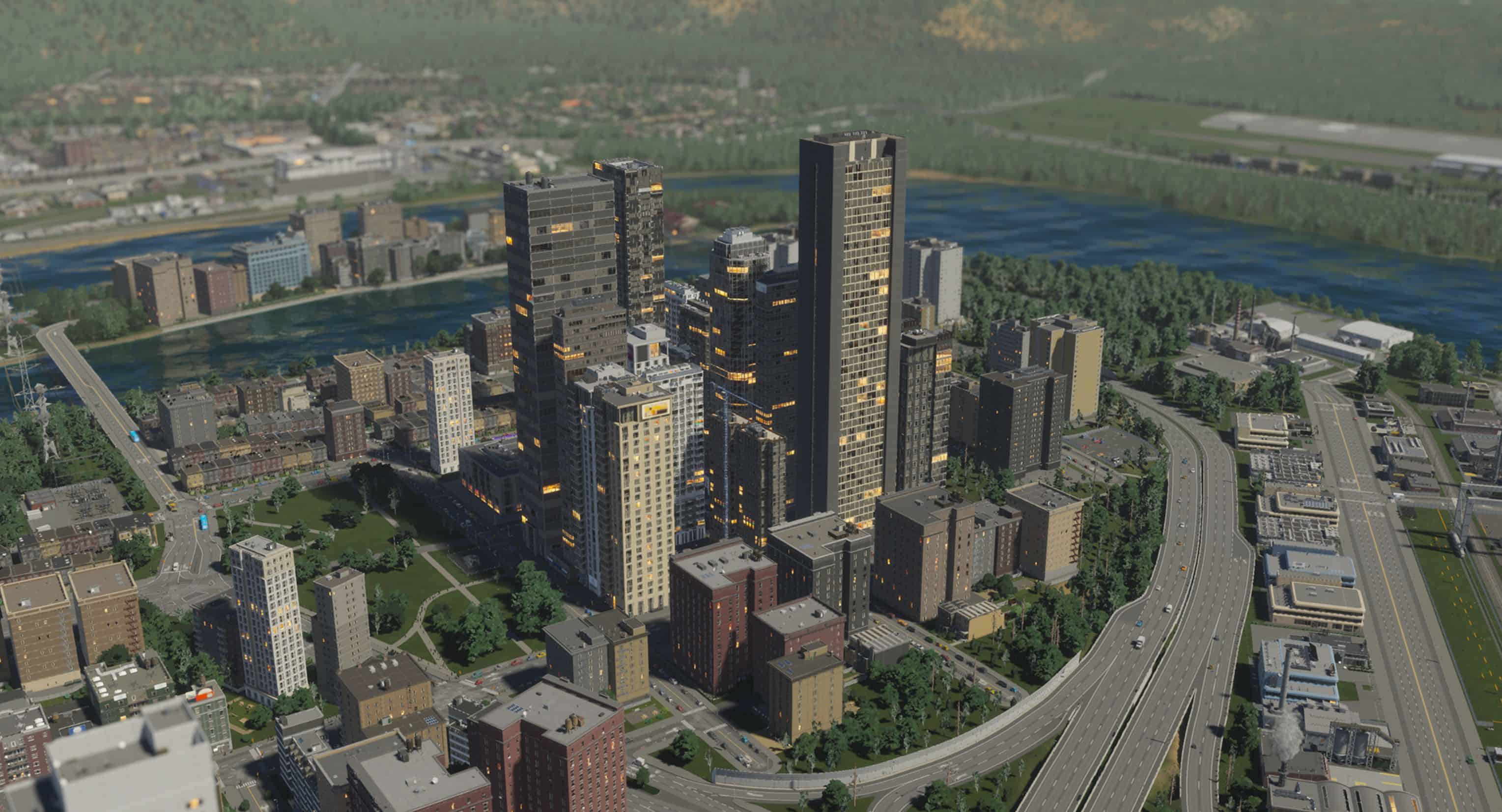
OFFICE DEMAND
The demand for office zones is amplified by citizens seeking employment in the office sector and the need for intangible services provided by offices, as required by citizens and businesses alike. Manufacturing industries and other office companies stand to benefit from software developed within office zones. As more software is generated, it leads to the emergence of additional office companies that can further refine the software into diversified services.
The demand for office zones also sees a significant boost from sourcing suitable employees who can enhance productivity and efficiency within companies. Much like other businesses, the better the workforce aligns with the company’s needs, the higher their profitability. Depending on the customer age demographic, different types of intangible goods are in demand. Adults and seniors lean towards banking services and products from the financial sector, while children and teenagers consume more media products.
CITY SPECIALIZATION
Companies dealing with similar materials and manufacturing akin products thrive on each other’s proximity. Industries and offices tend to cluster in areas where similar businesses already exist; this facilitates better communication and provides an enhanced opportunity to hire specialized workers, thereby increasing their efficiency. As more companies produce the same type of goods or services, they earn a city-wide specialization bonus, which bolsters their efficiency and ultimately their profit margin.
City specialization can be fostered by creating specialized industry areas that extract materials utilized by companies benefitting from the city specialization bonus. Further, tailoring taxes to favor those specific products and goods aids in the advancement of these industries!

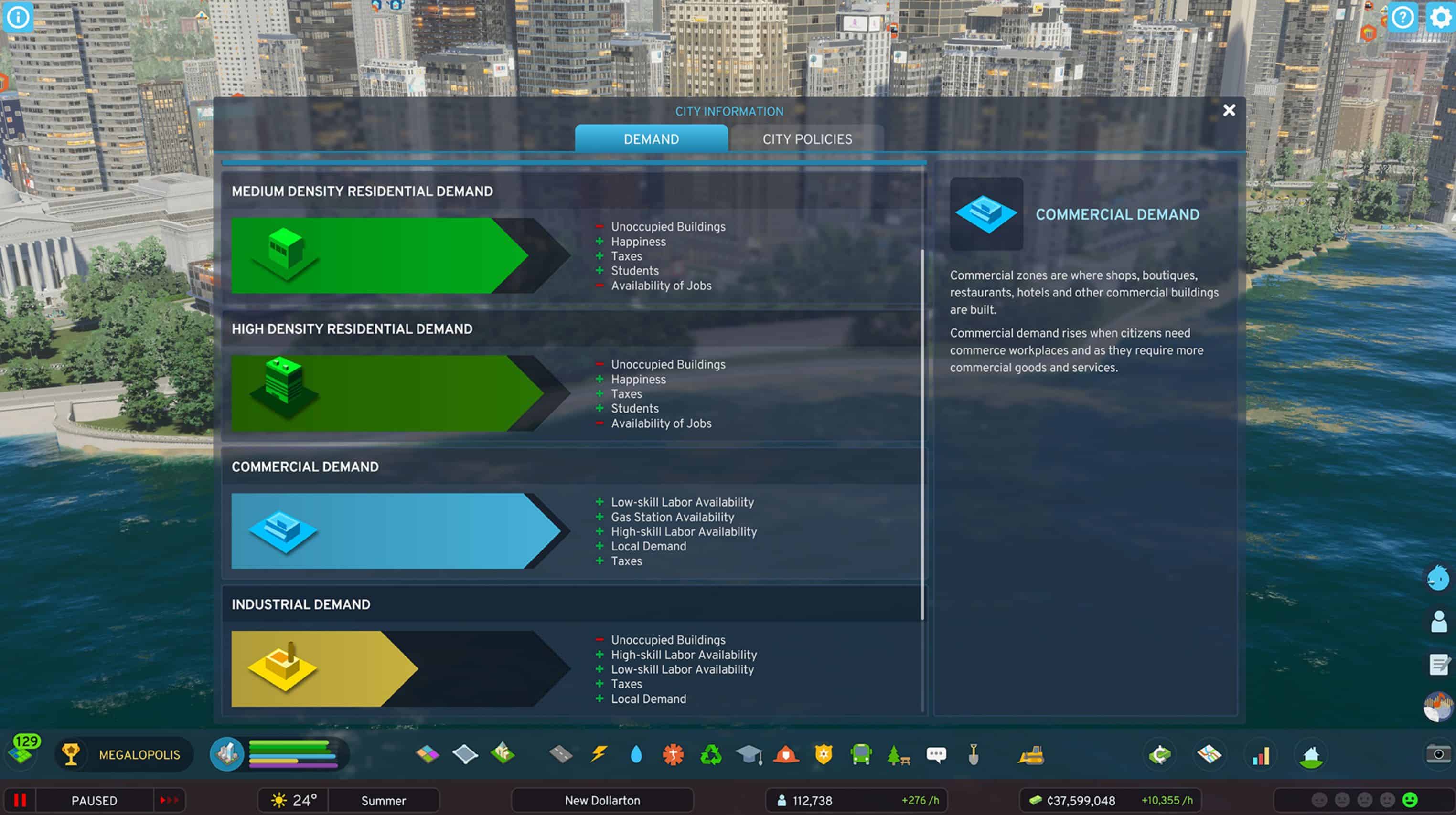

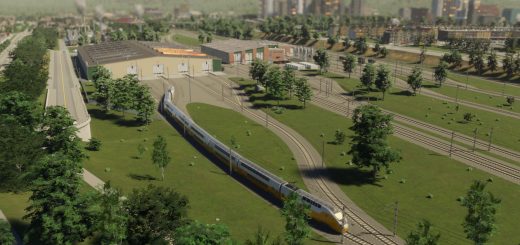
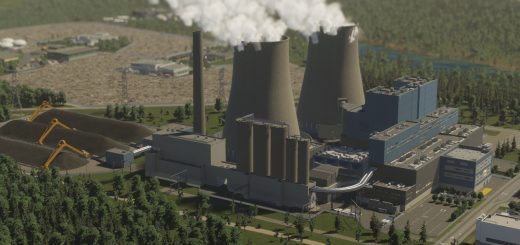
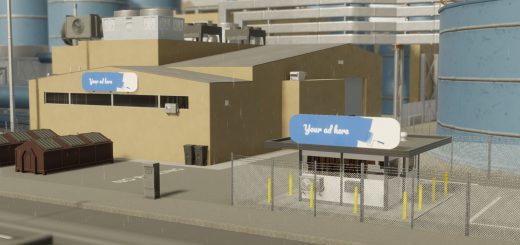

Am I the only one who doesn’t see download mod on here or am I going crazy lol
This is just a article, not a mod. All mods have download buttons.